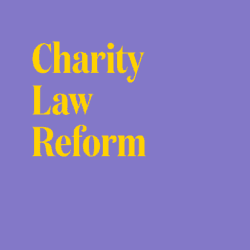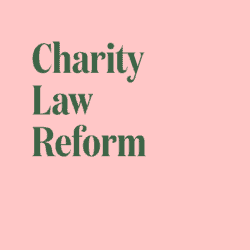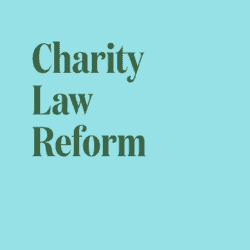Registered charities, non-profit organizations, and other tax-exempt entities often choose to operate as unincorporated – or voluntary – associations, because of the lack of legal requirements (and fees) associated with this type of organizational structure. As a result, however, these organizations can’t enter into legal agreements, can’t hold title to real property, and can’t protect members from liability.
This is the sixth in a series of articles focused on various aspects of charity law that have been a burden on the Canadian charitable and non-profit sector for 70 years. The articles are written by members of the Canadian Bar Association’s Charities and Not-for-Profit Law Section, who deal with these issues on behalf of their clients on a regular basis.
The legal issue that exists
An unincorporated association, sometimes referred to as a voluntary association, is a group of individuals acting collectively established by a constitution or written agreement among the members. These constitutions can be fairly simple documents or they may be sophisticated and complex agreements, and the governance of unincorporated associations may also include bylaws or other memoranda of association.
Given the lack of legal requirements associated with an unincorporated association as an organizational structure, this is a common vehicle for registered charities, non-profit organizations, and other tax-exempt entities. Unincorporated associations typically have no filing or maintenance requirements, in contrast to not-for-profit or non-share capital corporations, and lack the sophistication of a trust to be legally valid.
Unincorporated associations have no legal personhood … and cannot maintain or defend legal actions without exposing their members or leadership to litigation.
As a consequence, however, unincorporated associations have no legal personhood and typically cannot enter into legal agreements, cannot hold title to real property, are dependent upon individuals as either trustees or members to maintain their ability to operate, and cannot maintain or defend legal actions without exposing their members or leadership to litigation. As such, everyone involved in unincorporated associations as volunteers could potentially be exposed to contract or tort liability. There is also uncertainty concerning whether an unincorporated association can indemnify a volunteer who takes on a director or trustee role within the organization, as would be the case with a trust or not-for-profit corporation. In this regard, while choosing to operate as an unincorporated association may require a relatively quick and less cumbersome process, it carries some limitations and risks for the volunteers involved.
Types of organizations affected by the problem and how they work around it
Unincorporated associations encompass many groups, ranging from social clubs, sports leagues, and local neighbourhood groups to provincial and national organizations. A religious organization might operate as an unincorporated association under the understanding that this limits the number of government laws or regulations with which it has to comply. They are a low-cost way for individuals to associate with one another to start a volunteer or community organization.
However, unincorporated associations are not legal persons at law and have no separate existence from their members, and therefore provide no limited liability, unlike a corporation.
It is unclear how many charities or non-profit organizations operate as unincorporated associations, as there is no registry for such groups in Canada or at the provincial level, apart from those that are listed as registered charities. It is possible that the Charities Directorate of the Canada Revenue Agency could determine how many registered charities are structured as unincorporated associations, but this would not account for all the entities operating as unincorporated associations in Canada that are not registered charities.
Some provinces have come up with solutions: Ontario, for instance, has enacted the Religious Organizations’ Lands Act, which permits certain unincorporated associations to hold title to real property through trustees. But these legislative workarounds are limited, anachronistic, and not uniform across Canada. As well, these statutes might address the ability for unincorporated associations to hold title to real property, but they do not address the other concerns set out above.
Potential regulatory solutions that have been proposed
Several regulatory solutions to this problem have been proposed. Uniform legislation enacted across the provinces, similar to legislation in relation to legal partnerships, would address some of these uncertainties.
Model legislation could address issues related to legal capacity for unincorporated associations and limited liability for their members/volunteers. Some jurisdictions have attempted to address this issue. For example, various states in the US have adopted model legislation concerning unincorporated associations, such as the Revised Uniform Unincorporated Nonprofit Association Act, although this has not been the case in any Canadian jurisdiction.
However, consultations should be undertaken with the charitable and not-for-profit sector across Canada, as many Canadians volunteer or participate in unincorporated associations.
The benefits of solving this issue for the sector
Uniform provincial legislation that is consistent would provide some certainty in relation to many of the issues described above that are limitations when operating as an unincorporated association. An unincorporated association is often the vehicle of necessity for groups in order to avoid legal fees; a legal framework would provide some certainty in relation to these issues and more comfort for these volunteers in being able to have limited liability or rent or own property without having to do so through trustees or by taking on personal liability.


